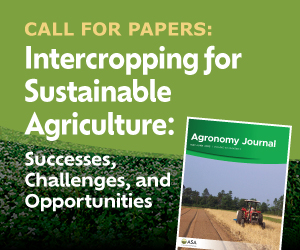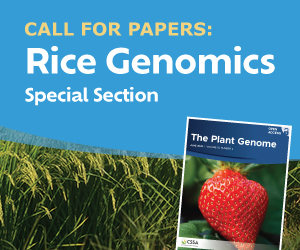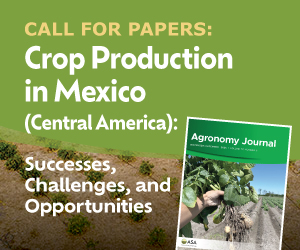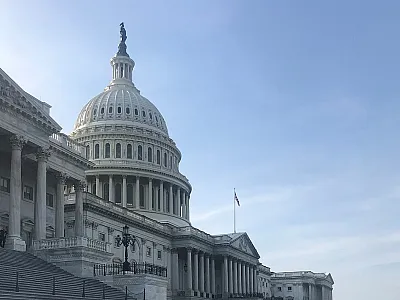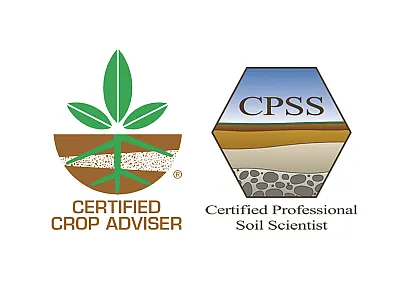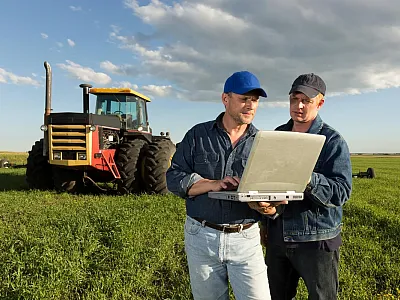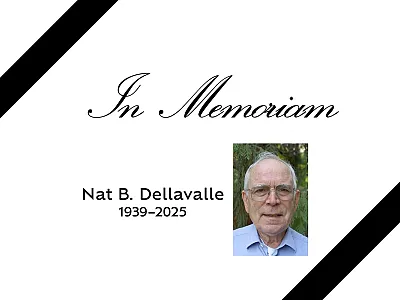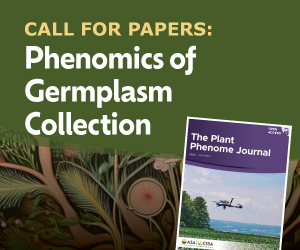Engaging in Advocacy: The Importance of the Congressional Visits Day Program
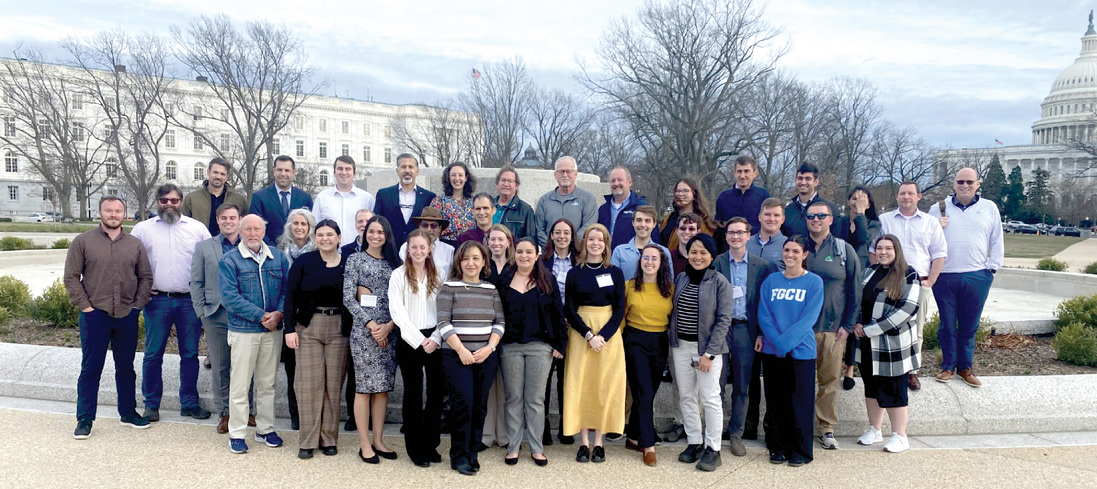
The American Society of Agronomy (ASA), Crop Science Society of America (CSSA), and Soil Science Society of America (SSSA) have been long‐term leaders in advocating for food, agriculture, and natural resources research. Each year, our organizations provide an invaluable opportunity for our members—scientists, students, and certified professionals alike—to participate in the annual Congressional Visits Day (CVD) program in Washington, DC. This program is not just a chance to visit the nation’s capital; it’s a unique event where participants advocate for the importance of agricultural research and education, influencing policy decisions that impact the future of food security, environmental sustainability, and rural development.
The Role of Scientists in Advocacy
In an age where policy decisions are increasingly driven by data and scientific evidence, the role of scientists in advocacy has never been more crucial. The CVD program allows scientists and CCAs to step out of their laboratories, classrooms, and fieldwork to engage directly with policymakers. This direct engagement is essential because it brings the voice of the scientific community into the legislative process, ensuring that policies related to agriculture, climate change, and natural resources are informed by the latest research and technological advancements.
For many scientists, the idea of stepping into the political arena can be daunting. However, it is essential to recognize that science and policy are deeply interconnected. Policy decisions often determine funding for research, the direction of scientific inquiry, and the implementation of technologies that can solve pressing global challenges. All CVD participants receive communication and advocacy training to prepare them to share their message with policymakers in the most effective and accessible way possible. By participating in the CVD program, Society members and CCAs have the opportunity to advocate for increased research funding, support for agricultural innovation, and the promotion of science‐based policies that can lead to a more sustainable and resilient future.
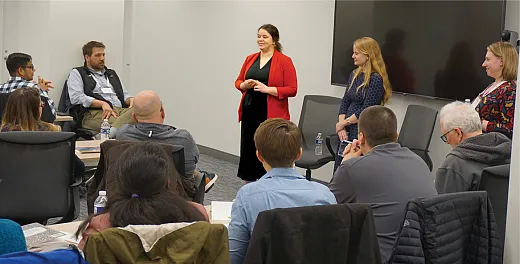
Empowering the Next Generation: Student Involvement in Advocacy
One of the most significant aspects of the CVD program is the inclusion of students. For many, this is their first foray into the world of policy and advocacy, providing a unique learning experience that complements their academic studies. Students who participate in CVD gain a firsthand understanding of the policy‐making process, the importance of effective communication, and the impact that advocacy can have on shaping the future of science. Congressional Visits Day also serves as an invaluable occasion for networking, giving students the opportunity to connect with Society executives, professors at other universities, and leaders in industry often leading to new relationships and even job opportunities.
Engaging students in advocacy not only empowers them as future leaders in their fields, but also ensures that the next generation of scientists is prepared to take on the challenges of tomorrow. ASA, CSSA, and SSSA see the student participants in CVD as an invaluable investment, not only in their individual development, but in fostering the future of our professional Societies. Student participants bring fresh perspectives and innovative ideas to the table, and their enthusiasm can inspire policymakers to take bold actions that support the advancement of science and technology.
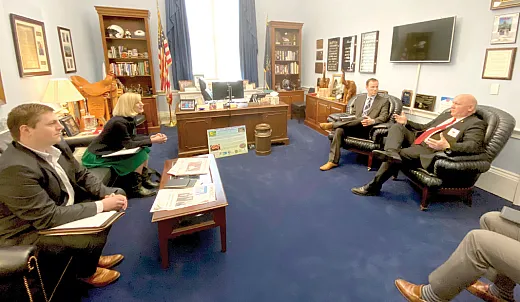
Encouraging Participation: Apply for the CVD Program
ASA, CSSA, and SSSA are committed to fostering a culture of advocacy and engagement among our members. Each year, the Societies offer multiple awards to help offset the cost of attending the CVD program, making it accessible to a diverse group of participants. The Future Leaders in Science award supports graduate student members, and the Excellence in Advocacy award supports senior members (postdocs, faculty, or industry members). These awards are an excellent opportunity for members to gain experience in advocacy, build their professional networks, and contribute to the advancement of their fields. Both award applications are open from Oct. 1–Dec. 4, 2024. Find more information about 2025 CVD awards here: https://www.agronomy.org/science‐policy/get‐involved/congressional‐visits.
Award opportunities to participate in Congressional Visits Day in 2025 are open from Oct. 1–Dec. 4, 2024. Learn more at agronomy.org/science‐policy/get‐involved/congressional‐visits.
For those Society members who want to learn more about the intersection of science and policy, applying for the CVD program is a step towards making a meaningful impact. Whether you are a seasoned scientist or a student just beginning your journey, your voice is needed in the ongoing dialogue about the future of agriculture and environmental stewardship.
The annual Congressional Visits Day program is more than just a trip to Washington, DC; it is an essential platform for scientists, students, and certified professionals to advocate for the future of their fields. By participating in this program, you can help shape policies that support scientific research, promote innovation, and address the global challenges of our time. Don’t miss the chance to be a part of this important advocacy effort—apply for the CVD program and make your voice heard where it matters most.
Text © . The authors. CC BY-NC-ND 4.0. Except where otherwise noted, images are subject to copyright. Any reuse without express permission from the copyright owner is prohibited.



